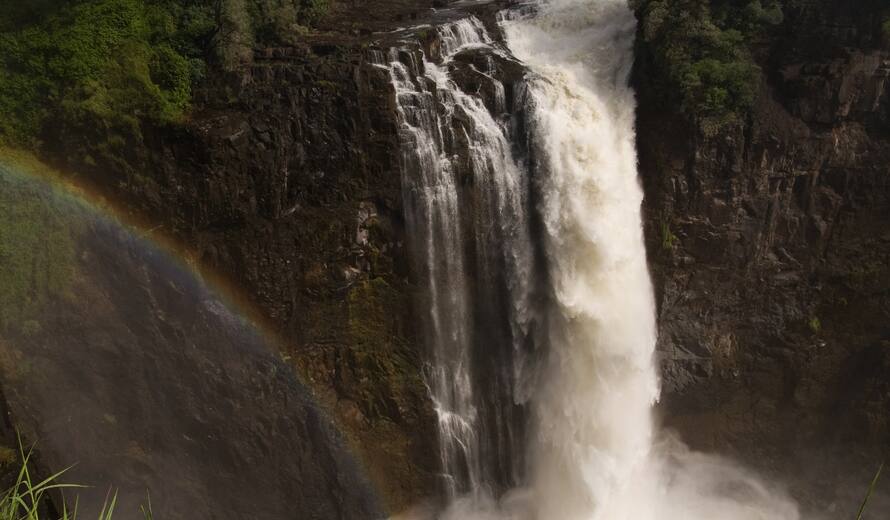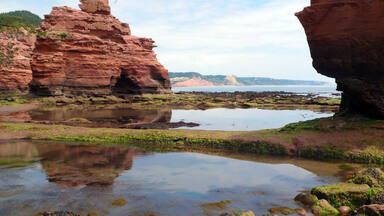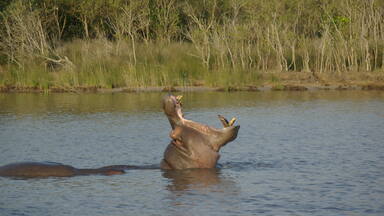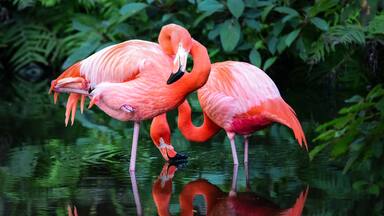World Wetlands Day 2025: Protecting Wetlands for Our Common Future
Celebrated annually on 2 February, World Wetlands Day aims to raise global awareness of the vital role of wetlands for people, nature and culture. This year’s theme, ‘Protecting Wetlands for Our Common Future’, reminds us of the benefits wetlands provide for biodiversity and human wellbeing.
Wetlands are among the world’s most productive ecosystems and critical for wildlife preservation. Wetlands help us cope with the impacts of climate change and secure critical freshwater recources. Wetlands have also shaped human cultures over centuries, and inspired our creativity. We need healthy wetlands for our future, and for our well-being.
Wetlands are protected under many conservation instruments, yet they are among the planet’s most theratened ecosystems. UNESCO supports the work of the Ramsar Convention on conservation and wise use of wetlands. Many wetlands have been recognised not only as Ramsar sites but also as UNESCO World Heritage properties and Biosphere Reserves. International designations can support the protection of wetlands and improve access to resources which are often much needed for securing their values.
Mont-Saint-Michel and its Bay (France) is one of the dual designations under the Ramsar and World Heritage Conventions. It is a vital coastal wetland that provides essential habitat for migratory birds and supports local fisheries with a unique Gothic-style Benedictine abbey which is a great combination of culture and nature. Conservation efforts have helped maintain the delicate balance between the region’s natural environment and human activities, offering sustainable livelihoods to local communities while preserving cultural heritage.
Wood Buffalo National Park (Canada) protects one of the world’s largest inland deltas. This wetland plays a critical role in the health of the surrounding ecosystems and provides a source of fresh water for local communities. By conserving the park’s wetlands, indigenous people and local residents benefit from enhanced food security, including access to fish and wildlife.
Banc d’Arguin National Park (Mauritania) is an important coastal wetland that provides a haven for migratory birds, fish, and other wildlife. Local people benefit from the health of this wetland, which sustains fish stocks and supports their traditional livelihoods.
Itsukushima Shinto Shrine (Japan) and its surrounding wetlands are crucial for maintaining the natural beauty of the region and has been a holy place of Shintoism. By protecting the wetlands, local communities benefit from the economic boost of tourism, while also preserving the cultural and spiritual significance of the landscape that has shaped their traditions for centuries.
This year, World Wetlands Day shares the same theme with the 15th Meeting of the Conference of the Contracting Parties to the Convention on Wetlands (COP15), which is scheduled for July 2025 in Mosi-oa-Tunya/Victoria Falls, in Zimbabwe. It is also a UNESCO World Heritage site, shared by Zimbabwe and Zambia, and has one of the most spectacular waterfalls in the world.
Visit the official World Wetlands Day 2025 website to explore global events, access communication materials and pledge your message for protecting wetlands for our common future.
Learn more about our efforts to protect wetlands of global importance : here




